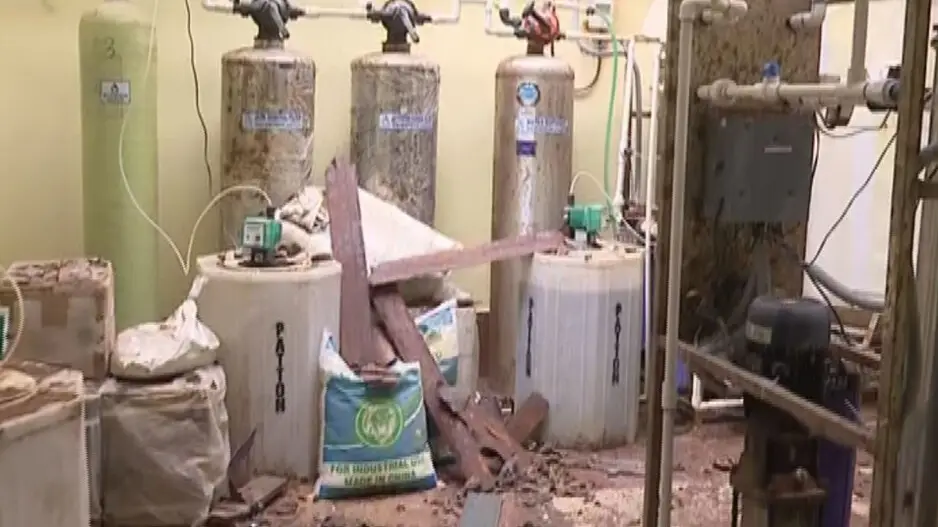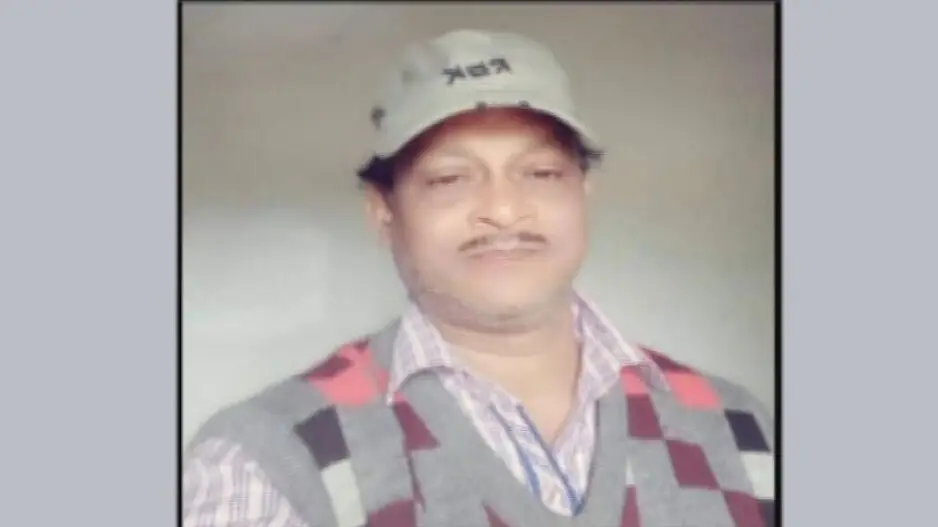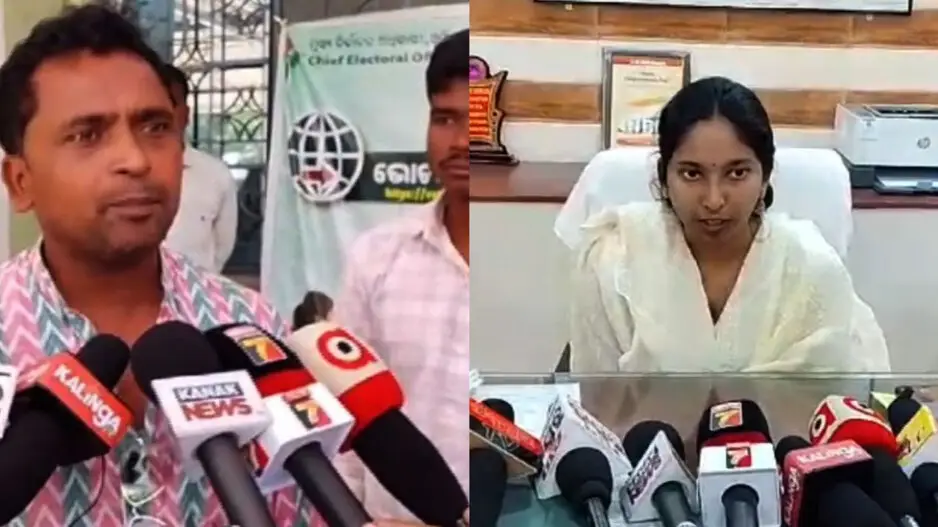/odishatv/media/post_attachments/uploadimage/library/16_9/16_9_0/recent_photo_1732679739.webp)
Tribal districts leading the way in Vasectomy among men in Odisha
Concerns about masculinity are causing Odisha men to shy away from sterilisation procedures, Health Minister Mukesh Mahalinga revealed during the launch of the 2024 Male Sterilisation Campaign.
According to official statistics, there is a noticeable trend of higher participation in male sterilisation in tribal regions compared to more urbanised and educated areas. Koraput district reported the highest number of procedures in 2023-24, with 307 men opting for sterilisation. This contrasts starkly with the Deogarh district, where no men underwent the procedure.
Several districts including Angul, Bolangir, Dhenkanal, Nayagarh, Nuapada, Sambalpur, and Sonepur, have registered only single-digit figures. Similarly, regions such as Puri, Khordha, Kendrapara, Kalahandi, and Jharsuguda are also showing less encouraging numbers.
A total of 1,772 men underwent sterilisation in the 2023-24 period across the state. While this represents an increase over previous years, the Health Minister noted that Odisha still trails behind other states in terms of participation.
During 2021-22 fiscal year, 900 men underwent the procedure, with plans to surpass 2,000 cases in the 2024-25 period. To achieve this target, training is being provided to Anganwadi and Accredited Social Health Activists (ASHA) workers across all districts, along with various awareness initiatives.
Speaking to media, Health Minister Mukesh Mahaling said, “In tribal-dominated districts like Kandhamal, Koraput, Rayagada, and Malkangiri, are on the top compared to other districts in terms of vasectomy. On the other hand, districts like Khurda, Puri, Balasore, where there are many educated people, and the literacy rate is high, but show reluctance for vasectomy.”
“Karnataka is on the top as they conduct vasectomy of around 5000 men annually. Our state is also not too down, but we can improve a lot more. But, in comparison to female sterilization, the vasectomy rate is low due to various reasons including superstitious reliefs and unwanted rumours,” informed Muralidhar Padhi, Additional Director, Directorate of Family Welfare.
“I have to face a lot of problems at the ground level. Most people get de-motivated, so my effort is to bring a positive atmosphere first. I along with other Asha workers convince people about the health benefits of undergoing the surgery. There is still a lack of awareness,” Arati Gudia, an Asha Worker said.
Cuttack SCB Medical College & Hospital's sterilisation unit gathers dust

Health concerns emerge as dead snake found in water tank in Odisha

Odisha college principal in Vigilance trap while taking Rs 1L bribe for releasing arrears

Bargarh minor rape and murder case: Demands for capital punishment for accused gather steam

/odishatv/media/agency_attachments/2025/07/18/2025-07-18t114635091z-640x480-otv-eng-sukant-rout-1-2025-07-18-17-16-35.png)

/odishatv/media/media_files/2025/09/22/advertise-with-us-2025-09-22-12-54-26.jpeg)
